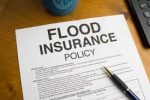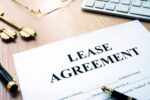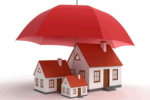Confused About Flood Insurance?

- The amount and type of coverage
- Location and flood zone
- Design and age of your home
- Elevation (for homes in high-risk areas built after the first Flood Insurance Rate Maps were drawn)
- If flood insurance is being purchased in connection with the creation, increasing, extending, or renewing of your mortgage loan.
- If your home has been recently designated in the SFHA and flood insurance is being purchased within the 13-month period following a map revision.
- If flood insurance is required because of a lender determining that your mortgage loan that does not have flood insurance coverage should be protected by flood insurance.
- If an additional amount of insurance is selected as an option on the renewal bill.
- If your home is affected by flooding on burned Federal land that is a result of, or is exacerbated by, post-wildfire conditions when the policy is purchased within 60 days of the fire containment date.
















 Kim N. Bregman
Kim N. Bregman